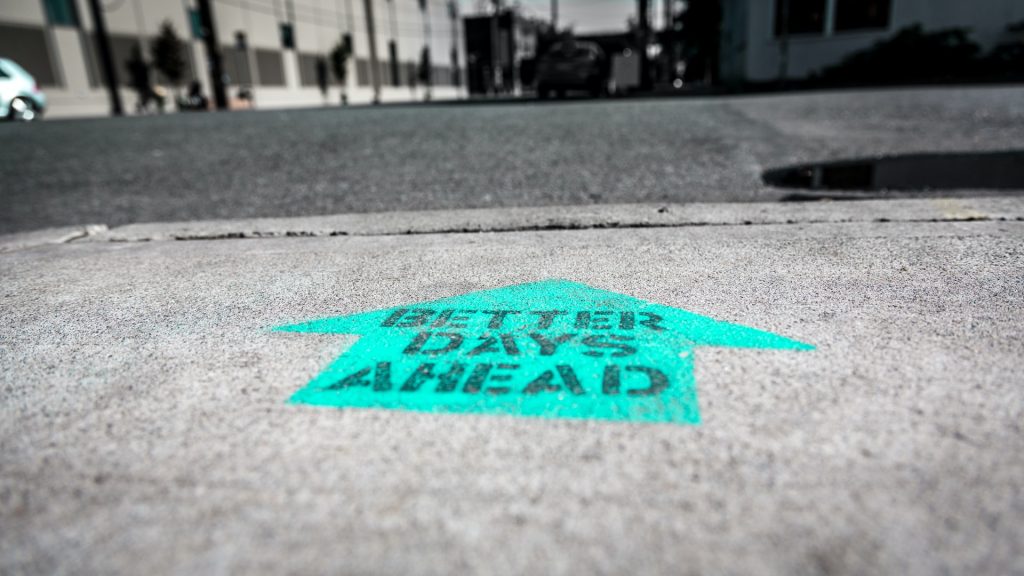By Sagarika (Student Blogger: MSc Human Resource Management)

Do the words ‘ESSAY’, ‘SUBMISSIONS’ and ‘GRADES’ scare you? Some might say ‘Oh no!’ but for some it might be ‘Ah, a piece of cake’.
For the first essay I had to submit, I honestly had mixed feelings. I think I was well versed with what the question was asking me to do and how I was going to structure my essay. I was confident on what I wanted to put forth and how I would convey my analysis on it. In my opinion, the essay turned out well and I was happy that I gave it my best.
Of course, I had after thoughts and dilemmas once I’d submitted the essay. I’m sure you guys have also gone through such a phase at some point in your life. But I was trying to calm down and compose myself thinking – “it was fine, you did what you had to do to the best of your ability and now all you can hope for is the result to be positive”.
And just like that time passed by keeping my thoughts engaged in other classes and modules. But Ta Da! Our professor told us that the results would be out next week, which resumed my stress.
We had our class feedback one day before our results came-up. And this scared all of us a bit more than we already were. Have you ever experienced this feeling when people were talking in general, but it felt like everything was being pointed at you? Ah yes! That’s what I felt sitting in the class with my classmates hearing the general feedback. Every flaw seemed like it was mine, everything that could go wrong sounded like my essay.
Oh, but wait, the result hasn’t even come yet
. So I had to put my stress and tension aside. I was trying to hope for the best result and hoping tomorrow would be a good day.
Finally, the RESULTS DAY had arrived. And BOOM! The result was in no comparison to my expectation. Oh wait, you must be thinking it was something more than what I was expecting, right? Naah. I wish it was that. But NO, it was completely disappointing to me. I have always been a A/B slider in all my academic life and now I was nowhere compared to it. Stress, anxiety, depression, tension, frustration, irritation was all that I was feeling.
It took me to time to accept that this is my score, and it is not where I wanted it to be. I needed to work hard to make sure I improved for next time. I tried to reach out to few of my class mates for help and I also accessed the Learning Development team for more insights on how I could make my essay writing bett
er.
Things change, life changes. It is not what you always expect. For a high flying student like me, it was a shock. But what really matters, is how you overcome the challenging times. How you try to improve yourself to get back to being your best. And right now, that is what I’m working on.
I know many of you might have faced this or may panic after reading my story. But hey! It’s me not you! You may be totally shocked by your result in a positive way, but if you are facing what I am, let me tell you there’s always help and scope for improvement. I know you might be disheartened like I am. But there is light at the end of the tunnel. Work on it and you will achieve it.







 As the majority of the academic year is online-based due to the ongoing pandemic, and most of us are confined to a small, limited hybrid space of our personal rest area and workstation (we also call it our bedroom), we often overlook the outdoors. Watching pre-recorded lectures, attending workshops and tutorials and communicating with groupmates through an online platform can all be done from our room now. This can be both advantageous and harmful: a double-edged sword of a learning format.
As the majority of the academic year is online-based due to the ongoing pandemic, and most of us are confined to a small, limited hybrid space of our personal rest area and workstation (we also call it our bedroom), we often overlook the outdoors. Watching pre-recorded lectures, attending workshops and tutorials and communicating with groupmates through an online platform can all be done from our room now. This can be both advantageous and harmful: a double-edged sword of a learning format.
 By Manuella (Student blogger: Economics and International Relations)
By Manuella (Student blogger: Economics and International Relations)